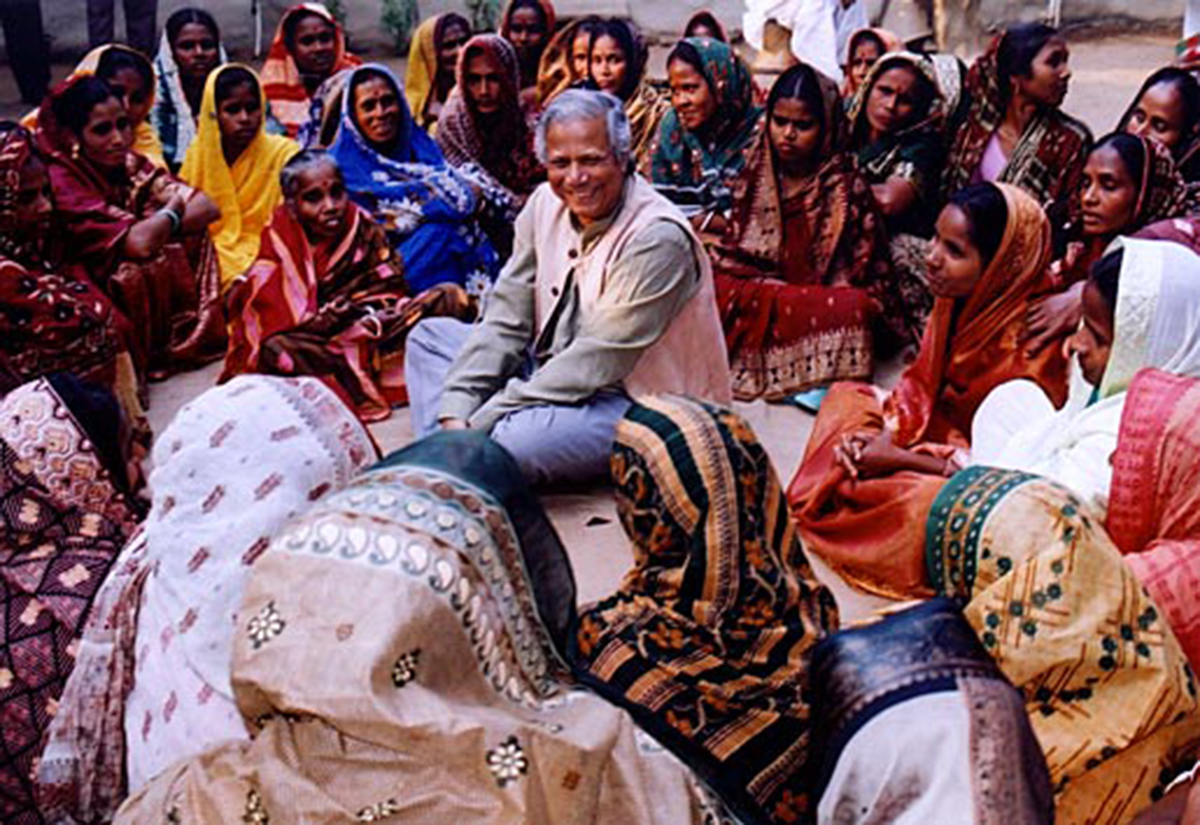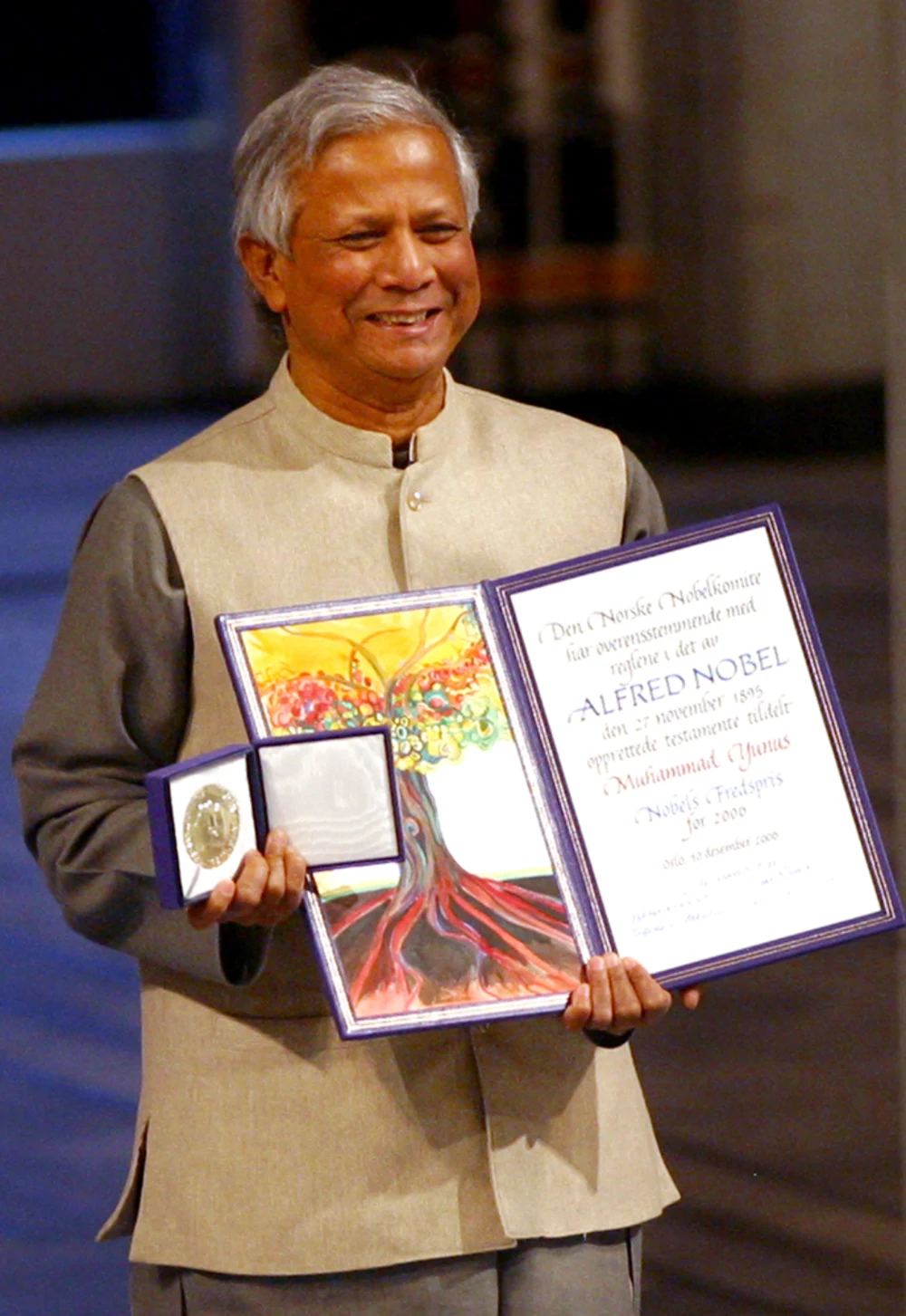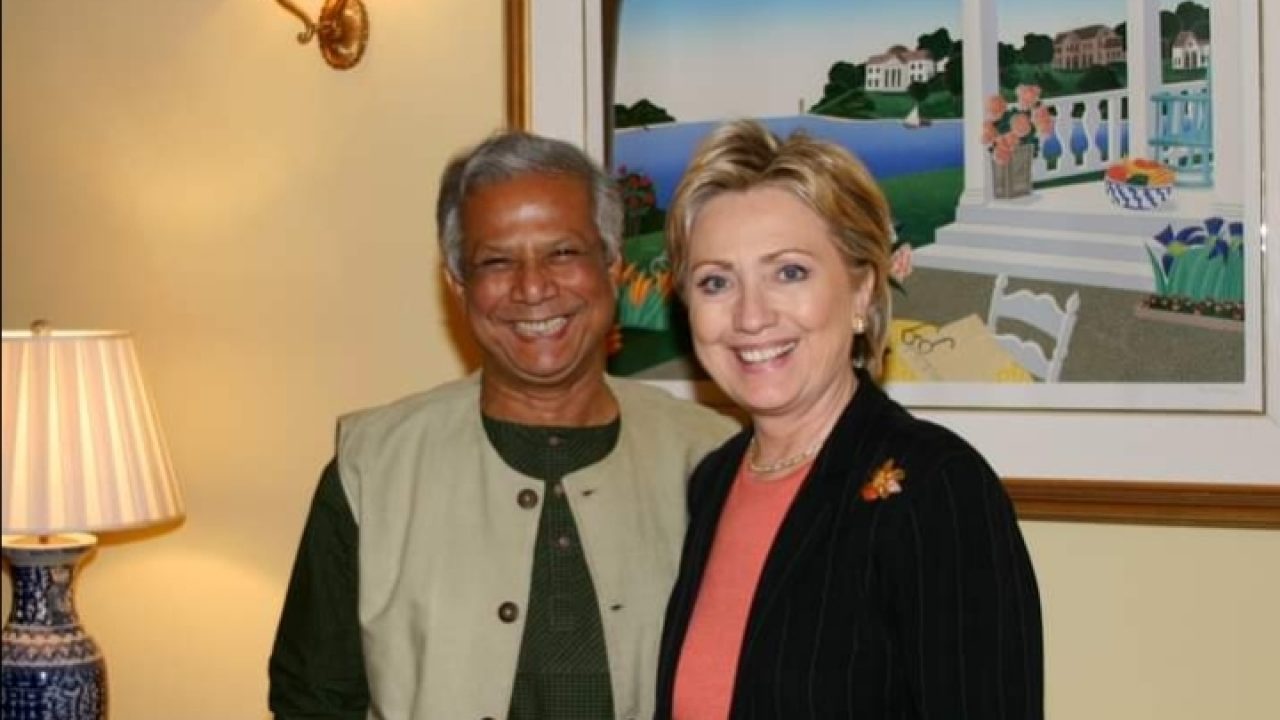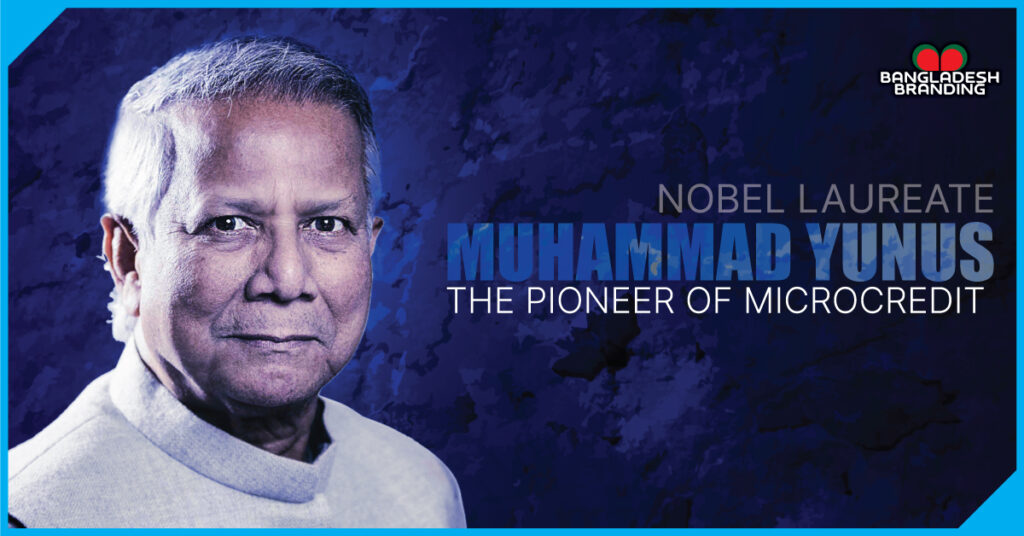The father of microcredit and microfinance, Muhammad Yunus was born in Chittagong, Bangladesh, on June 28, 1940. He is a widely recognized economist. Being a pioneer in the struggle to reduce poverty worldwide, his ground-breaking work in founding the Grameen Bank has enabled millions of people to leave it. Due to their efforts to further social and economic development, Yunus and Grameen Bank were granted the Nobel Peace Prize in 2006. Yunus is still advocating for social change today, having taken on the role of Chief Advisor to the interim government of Bangladesh.
Early Life and Education
Growing up in Chittagong in a big Bengali family, Yunus was aware of the economic disparities that afflicted his nation at a young age. He was an exceptional learner who performed exceptionally well in his matriculation examinations, placing him 16th out of 40,000 pupils. Yunus continued his education at Dhaka University, where he earned economics bachelor’s and master’s degrees. His insatiable curiosity brought him to the United States, where in 1971 he earned his Ph.D. in Economics from Vanderbilt University.
The Creation of Grameen Bank
Yunus discovered that conventional banking institutions weren’t assisting the underprivileged while he was an economics professor at Chittagong University. He established Grameen Bank in 1983 with the ground-breaking notion of giving extremely poor people little loans, or microloans. Since women are known to reinvest in their families and communities, these loans had no collateral requirements and were primarily targeted at them. By 2007, Grameen Bank has changed the lives of over 7.4 million individuals and established a global standard for microfinance by disbursing more than .38 billion in loans.
How Microfinance Works

Grameen Bank’s creative microcredit model is the foundation of its success. Small groups of borrowers establish a support network that encourages responsibility by taking out loans collectively. 94% of these loans go to women, who use them to launch their own companies, fund the education of their kids, and improve their communities. It’s really encouraging to see that over 100 countries have embraced the Grameen model. It demonstrates how successful it is in eradicating poverty and advancing sustainable development.
Awards and Recognition
Yunus’s impact has earned him numerous prestigious awards, including:
- Nobel Peace Prize (2006) for creating social and economic opportunities for the poor.

Nobel Peace Prize winner Muhammad Yunus displays his medal and diploma at City Hall in Oslo, Norway on Sunday. Yunus created a way to help impoverished people by giving them small loans. - U.S. Presidential Medal of Freedom (2009) for his contributions to global poverty reduction.
- Congressional Gold Medal (2010), recognizing his efforts in poverty alleviation.
- Ramon Magsaysay Award (1984) for his public service and commitment to social justice.
- World Food Prize (2010) for his work in promoting food security and combatting hunger.
Yunus has also received 50+ honorary doctorates and was named one of the greatest entrepreneurs by Fortune magazine.
Political Role

Though Yunus initially considered forming a political party, Nagorik Shakti (Citizens’ Power), in 2007, he decided to focus on his social initiatives. However, in August 2024, amidst political unrest, he was appointed as the Chief Adviser of Bangladesh’s interim government. In this role, Yunus has been working to promote good governance, aid Rohingya refugees, and stabilize the country’s garment industry.
Global Impact and Future Vision

The influence of Muhammad Yunus is not limited to Bangladesh. He is very sincere to see important issues like social justice, poverty, and peace resolved. He committed his life to furthering these significant causes and enhancing the lives of others as one of the founding members of The Elders, an organization that Nelson Mandela founded. He is willing to try out new strategies to achieve equality, as seen by his involvement in the Global Esports Federation in 2022. For everyone searching for doable strategies to eradicate poverty, Yunus is a really inspirational figure.
Muhammad Yunus has shown that one ground-breaking concept—like microcredit—can bring about long-lasting, positive change on a global scale. Through Grameen Bank he focused on empowering women and the poor, he has transformed lives and inspired social entrepreneurship around the world. Generations to come will be inspired by his legacy of improving mankind via economic empowerment as he guides Bangladesh through political transition.

